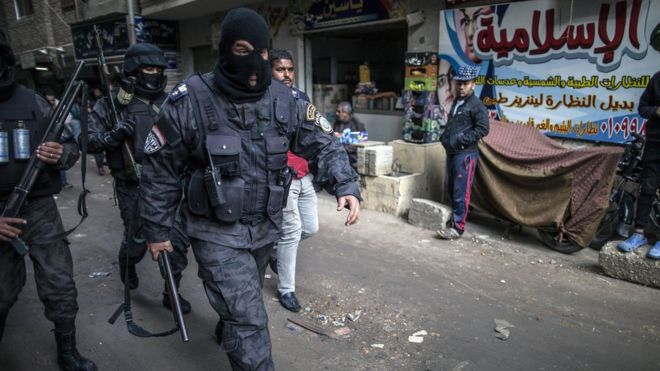
Dear colleague,
I would like to draw your attention to the latest issue of our publication, R2P Monitor.
R2P Monitor is a bimonthly bulletin applying the Responsibility to Protect lens to populations at risk of mass atrocities around the world. Issue 28 looks at developments in Syria, Iraq, Yemen, Sudan, Burma/Myanmar, Democratic Republic of the Congo, Nigeria, South Sudan, Burundi, Israel and the Occupied Palestinian Territories and Central African Republic. To read R2P Monitor please access the document via the following link: R2P Monitor, Issue 28.
I hope you will find this edition a useful tool as we work together to prevent and halt mass atrocity crimes.
Dr Simon Adams
Executive Director
International Studies
The Graduate Center, CUNY
365 Fifth Avenue, Suite 5203
New York, NY 10016-4309, USA



